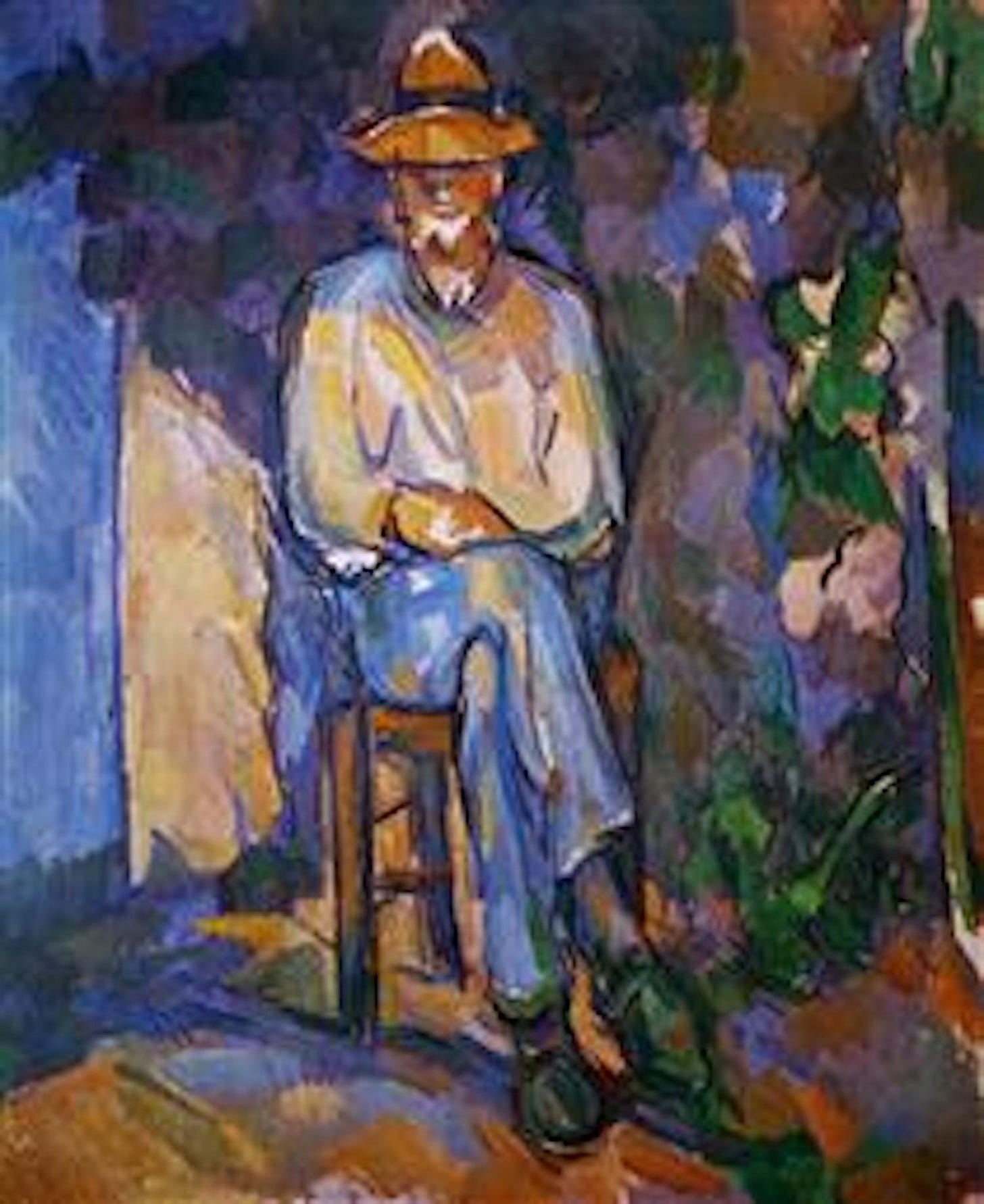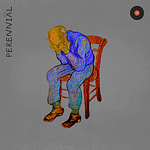How do you see your place in the world? The late Zen Master Thich Nhat Hanh suggested, “When you ask the question, ‘Who am I?’ — if you have enough time and concentration — you may find some surprising answers.” The basic insight of Buddhist teachings is the way we relate to the world is fundamentally misaligned with how it really is.
The philosopher Nic Bommarito (a previous podcast guest) writes in Seeing Clearly: A Buddhist Guide to Life,
The heart of Buddhism, if there is such a thing, is recalibrating how we relate to ourselves and to the world. It’s about confronting unpleasant realities directly, with an attitude of problem-solving. It’s about acknowledging these things and, rather than living in denial, forging a way of life in light of them.
But how does one begin to get over themselves?
The renowned Japanese Buddhist philosopher Dogen explained that anything could be a form of practice as long as you do it with the right mindset. According to Dogen, even mundane tasks like brushing your teeth or bathing are opportunities that can help change your orientation to the world.
Buddhist practice is not limited to sacred domains; observes Bommarito, it’s everything you do in your life. Dogen’s insight is that practice is not something you do to reach enlightenment — it is enlightenment.
Bommarito explained: “Practices sometimes work the same way as philosophy — they help you see something about the world that you couldn’t see before. But much of the time, practice is less about learning and more about absorbing, internalizing, and getting comfortable with what you’ve already learned.”
Why does any of this matter?
How we respond to people and situations is not simply a matter of what we think (or what we think that we think). Our responses result from a more fundamental outlook on life shaped by our deepest feelings about the world and how it works.
The Buddha put it this way,
Monks, form is impermanent. What is impermanent is suffering. What is suffering is nonself. What is nonself should be seen as it really is with correct wisdom thus: ‘This is not mine, this I am not, this is not my self.’
Strangely, understanding on a visceral level that we are composite, relational, and impermanent can help us to live fully engaged with the world. Your existence and various roles depend on everything else to be what they are. You do not exist prior to relationships and then enter into them. You emerge out of them in a web of mutual interdependence.
—
Thank you for listening/reading; I hope you found something useful.
Until next time, be wise and be well,
JW












